I’d like to thank Cate O’Donnell for her concise and up-front column in The Times-Delphic last week. Being an anti-abortion supporter myself, I still found the piece refreshing and agreed with several of the points that O’Donnell made.
However, there is one thing that I strongly disagreed with, and that was the point O’Donnell made about a large portion of the anti-abortion community that is simply anti-choice and does not really care about the quality of life interests for the future children involved.
I think nothing could be further from the truth. Yes, of course anti-abortion supporters are going to be anti-choice; hence, they view abortions as the termination of future life. However, it is the anti-abortion community around the country that has started women support centers and created adoption awareness drives at local churches.
Anti-abortion supporters, unlike many in the pro-abortion rights community, have also pushed for restrictions on some abortions. It’s difficult to reduce the number of abortions taking place in the United States each year if we have unlimited abortions on demand for any reason, like many pro-abortion rights activists support. Rather, reasonable restrictions are what most Americans are in favor of and will help reduce the amount of abortions taking place. I think that is a goal that people in both the anti-abortion and pro-abortion rights communities can agree on.
–Sean Walsh
Sean Walsh can be contacted at [email protected]

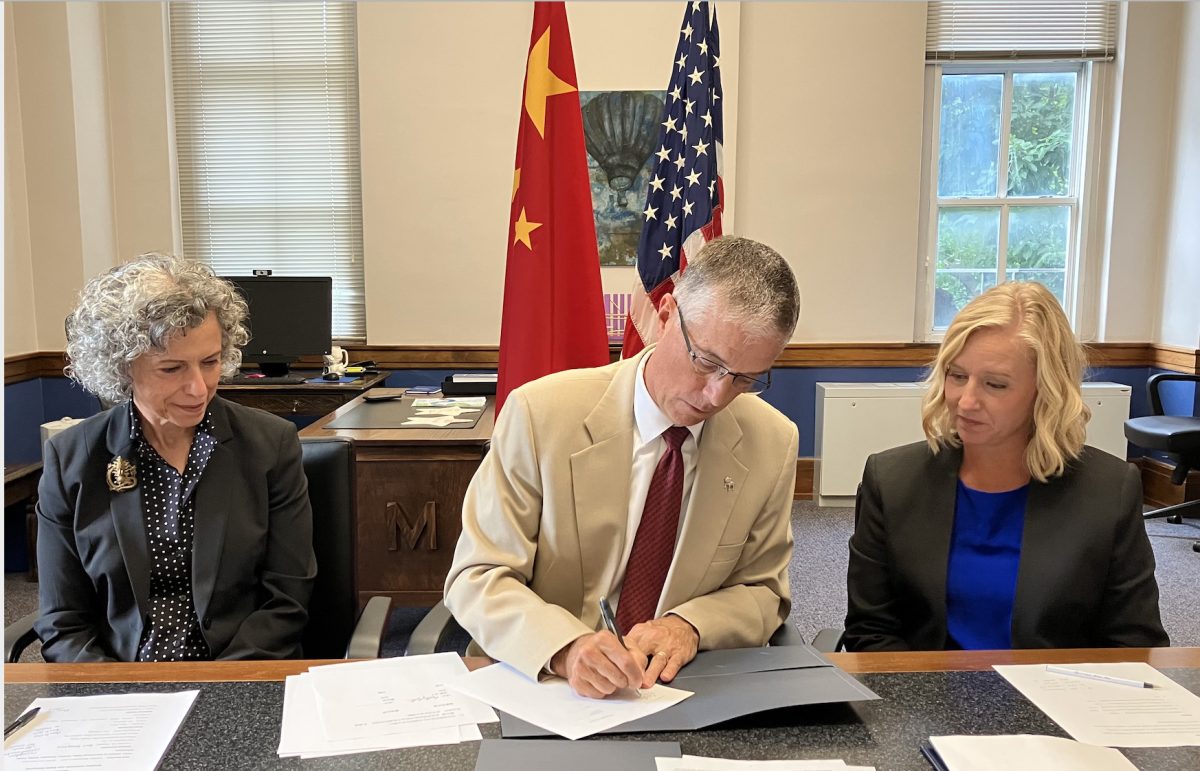
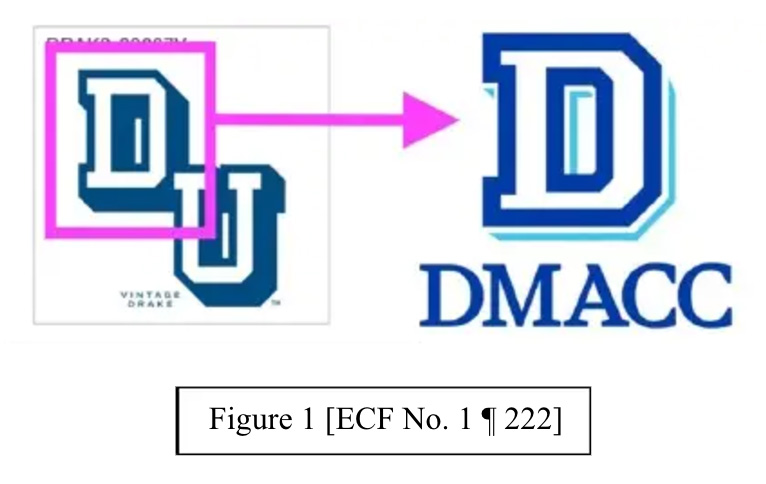

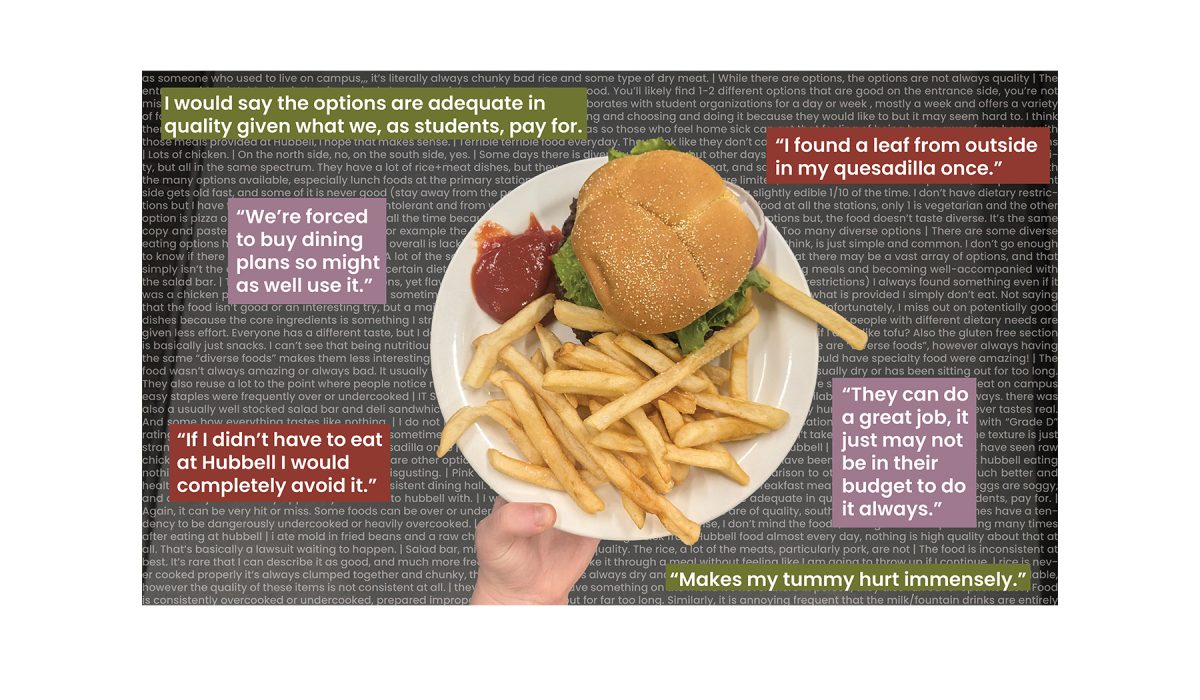
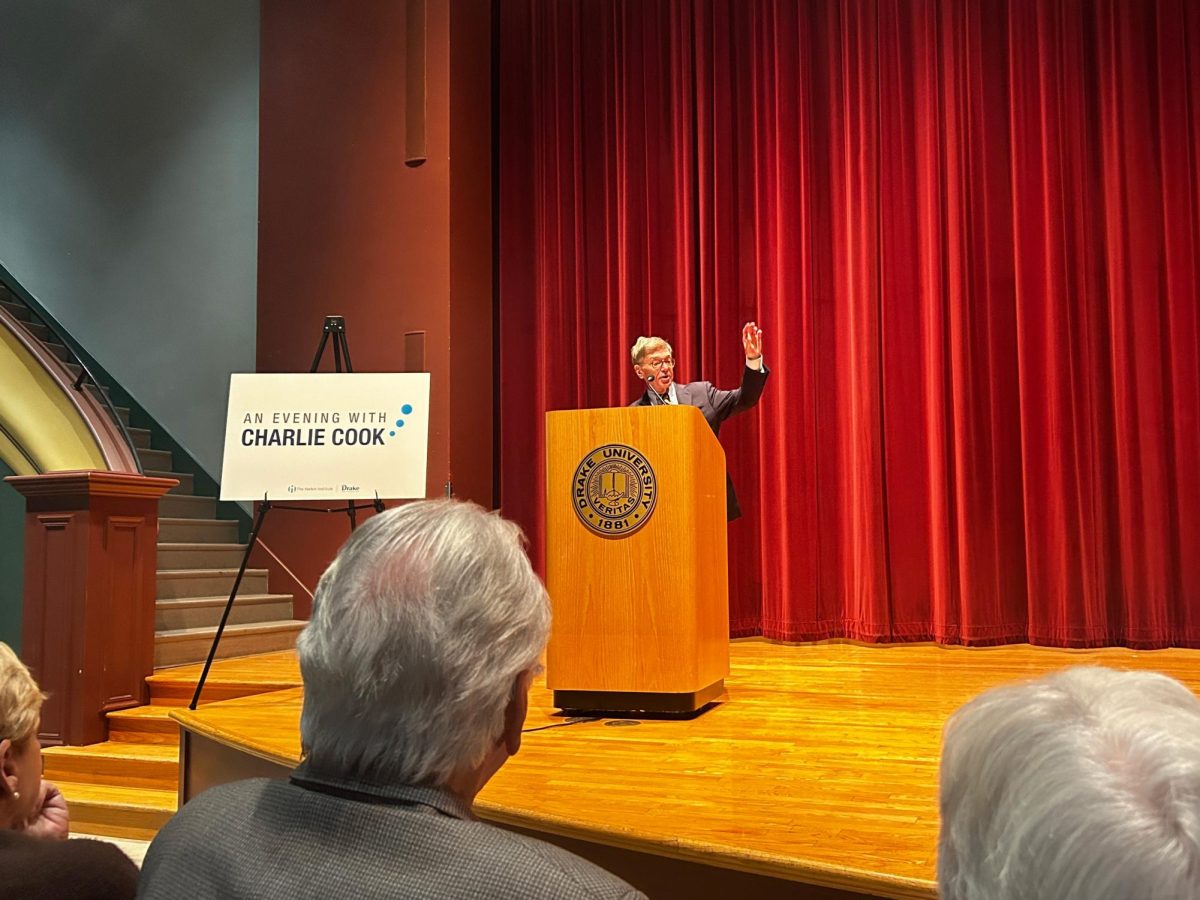
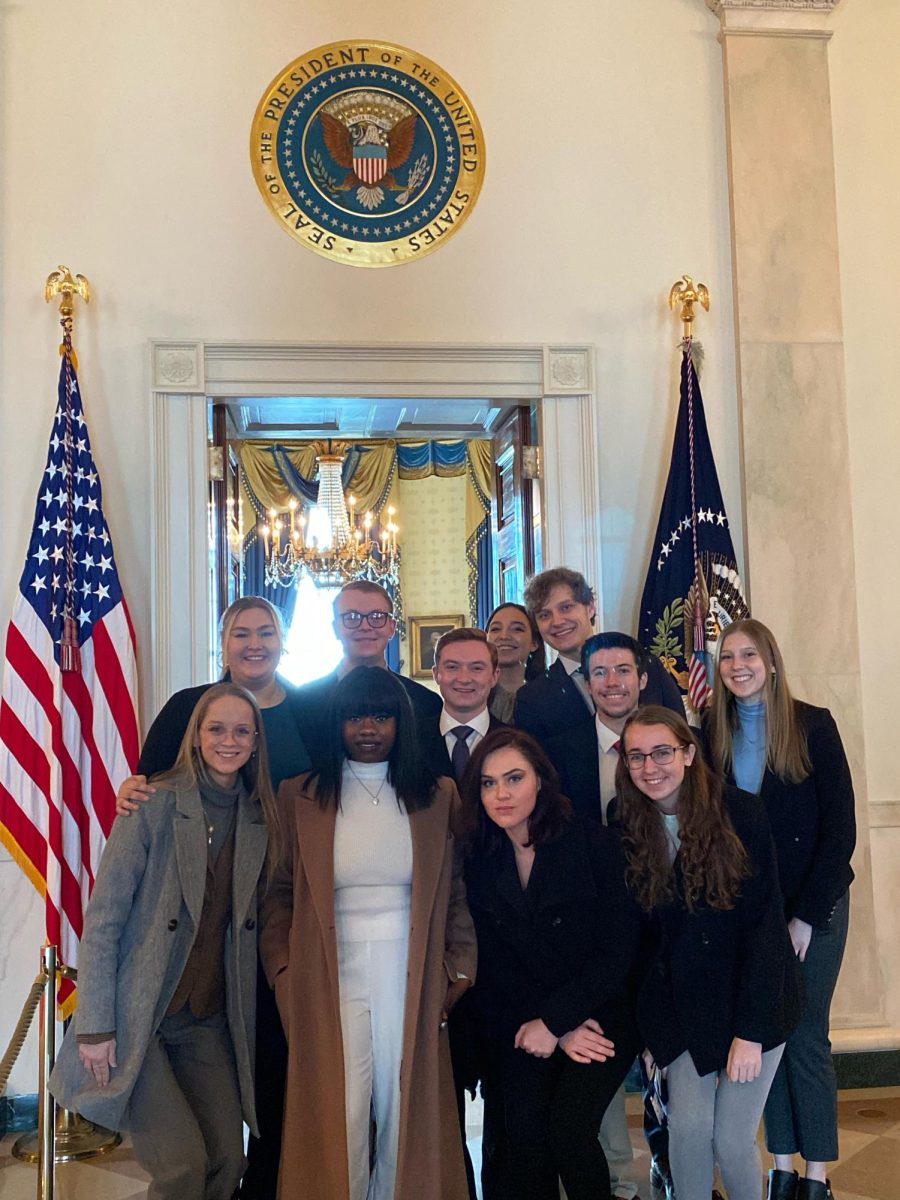
Amelia Lamsam • Jan 5, 2012 at 9:01 am
I’m sorry Cate, but these “lies” you speak of are actually true, and I believe that it would be a disservice to women to lie to them. The fact is that the fetus does feel pain. Even ask our own anatomy department. It has been agreed upon by many doctors and physicians. Also, the psychological effects are sever. I have several friends who work at Birthright and other crisis pregnancy/counseling centers who can testify to this. Denying the mother’s pain along with her child’s seems cruel to me, but could easily come out of misinformation. The fact is that there is nothing natural about killing a life in the womb and it is reasonable (and true!) that it would have effects on the balance of health for the mother and the child. If you don’t like me calling it a child, you can still call it a fetus, however that doesn’t change the fact that that fetus is human and is a life. It may look different that you, but it looks exactly how it should at that stage in life. It may be called something different, but as is an infant called something different than a teenager.
Thanks for reading, and I’m sorry we weren’t able to meet up this past semester.
Cate O'Donnell • Oct 11, 2011 at 10:06 am
Sean,
I thank you for your kind words and your response to the abortion article. I apologize if you were offended by my assumption that most anti-abortion individuals prioritize restricting abortions over helping children and families that need help post-pregnancy. This was based on my personal observations, not on any statistics or studies I have gathered, and I am incredibly glad to hear that perhaps I am wrong in my assumption.
I do want to clarify a point that you bring up: as a pro-choice individual, I am brutally aware that “anti-abortion supporters, unlike many in the pro-abortion rights community, have also pushed for restrictions on some abortions,” but I would not say that this is a positive change. Most states have already chipped away at keeping abortion accessible to women who need it, implementing laws such as 24 hour waiting periods, parental consent and mandatory ultrasounds. Women who cannot afford an abortion, even in the case of a life threatening pregnancy, are out of luck in states that limit not only public funding, but private insurance coverage for abortions. In other states physicians are required to give the patient false information about abortion and “links to breast cancer,” descriptions about psychological side effects (despite postpartum depression being much more common and severe), and misinformation about fetal pain.
These laws paternally serve to “protect” women from having full access to abortions, and the phrase “unlimited abortions on demand for any reason” discounts the necessity that all women be given access to medical care, regardless of who they are, how much they make, or how they became pregnant. I support reducing abortions by increasing access to adoption and parenting resources and educating about safe sex. I cannot support misinformation, condescending laws and guilt-tripping as a way to reduce abortions. Women deserve better.